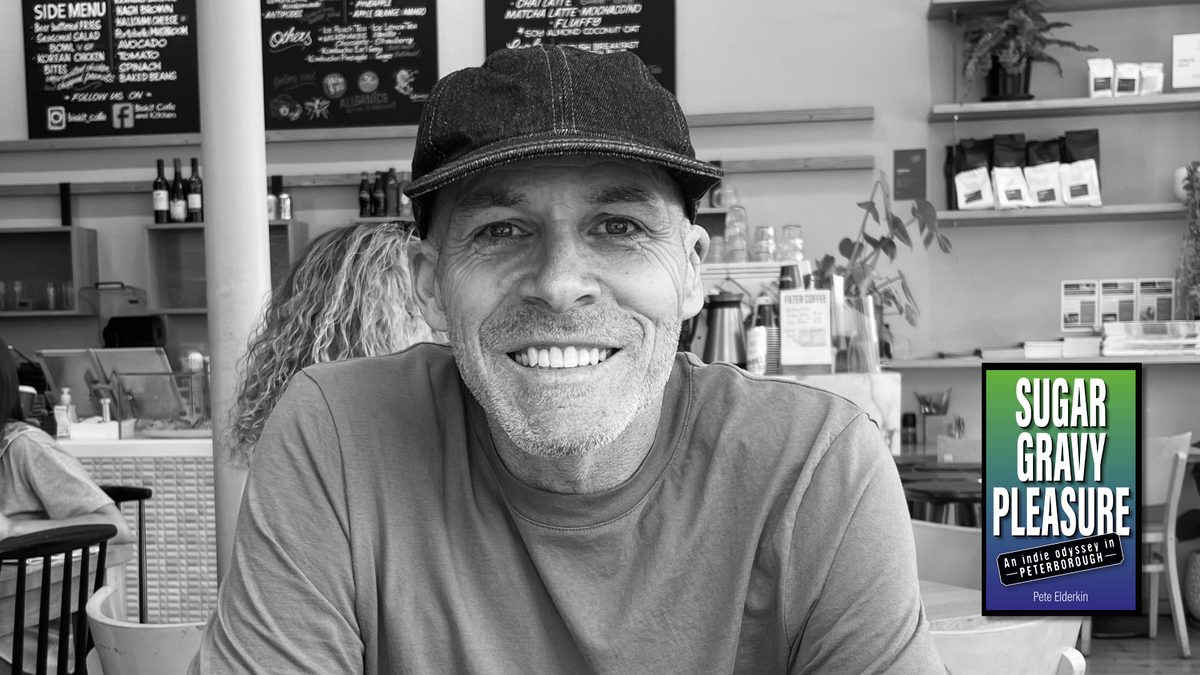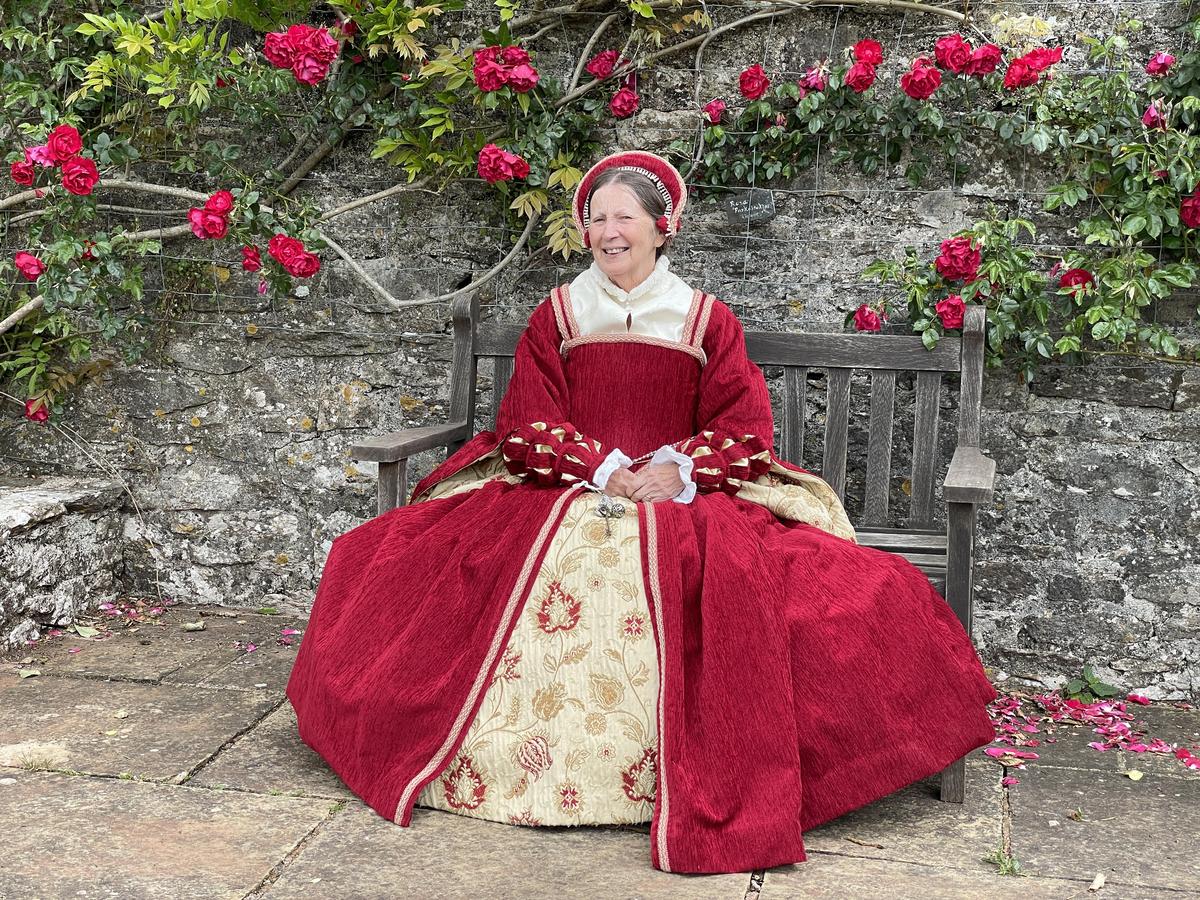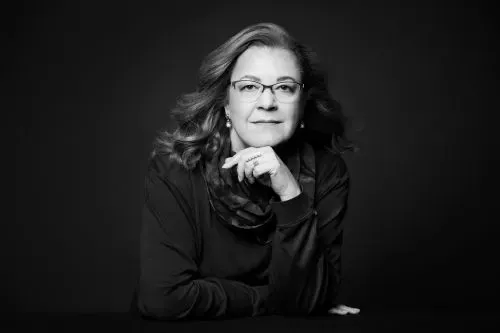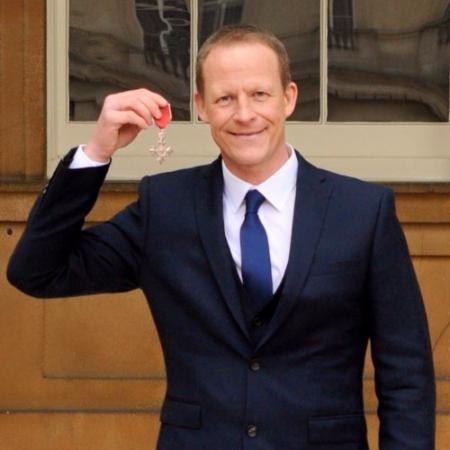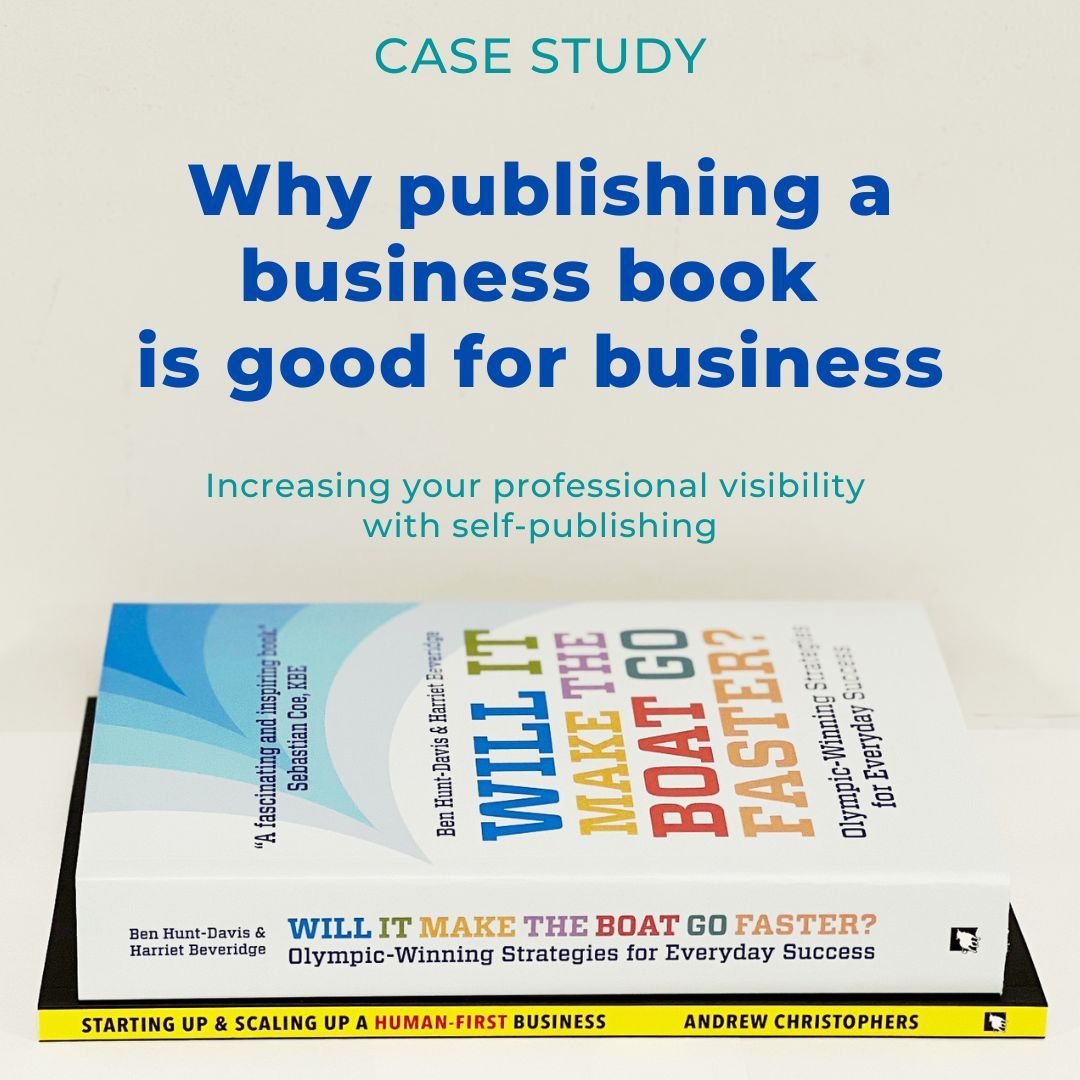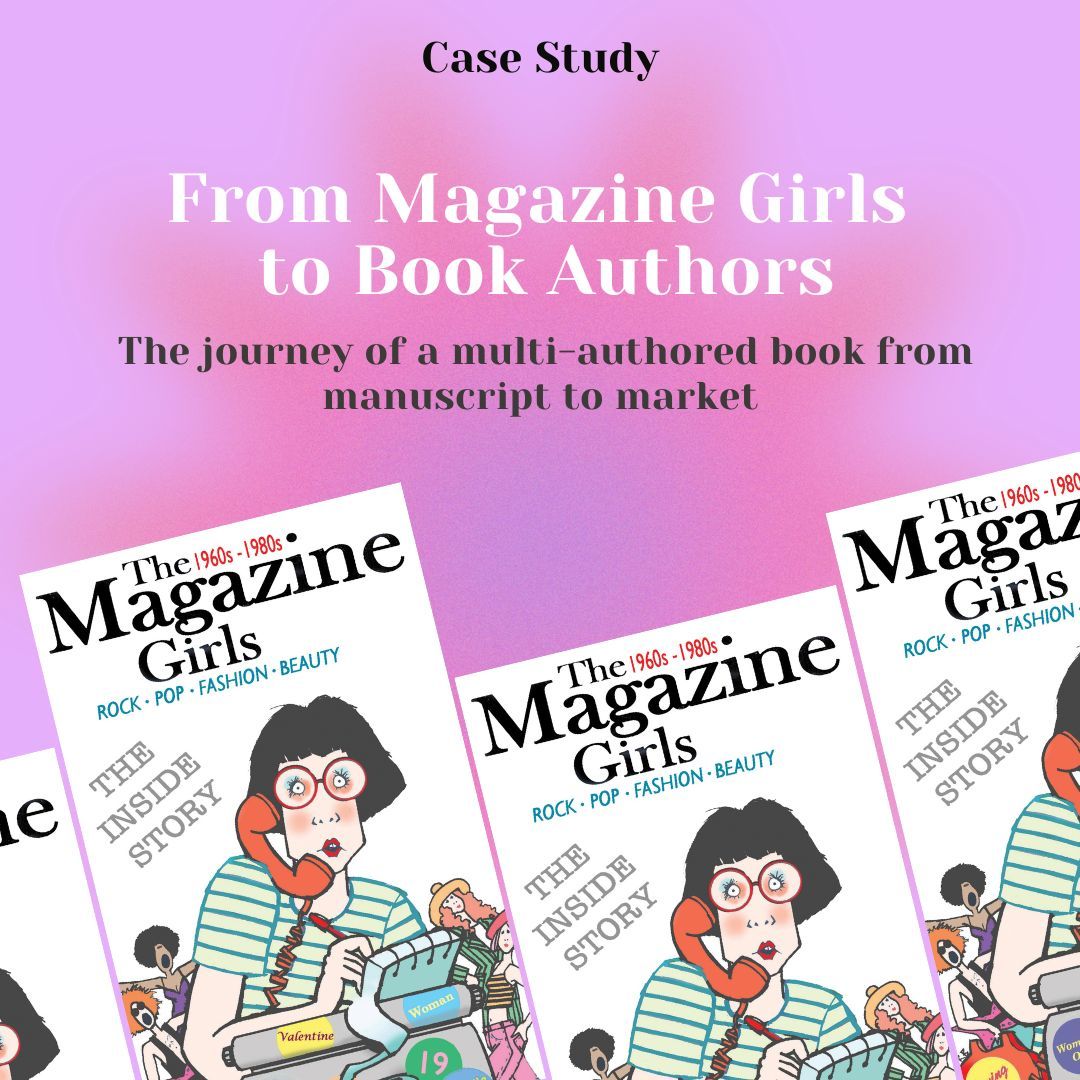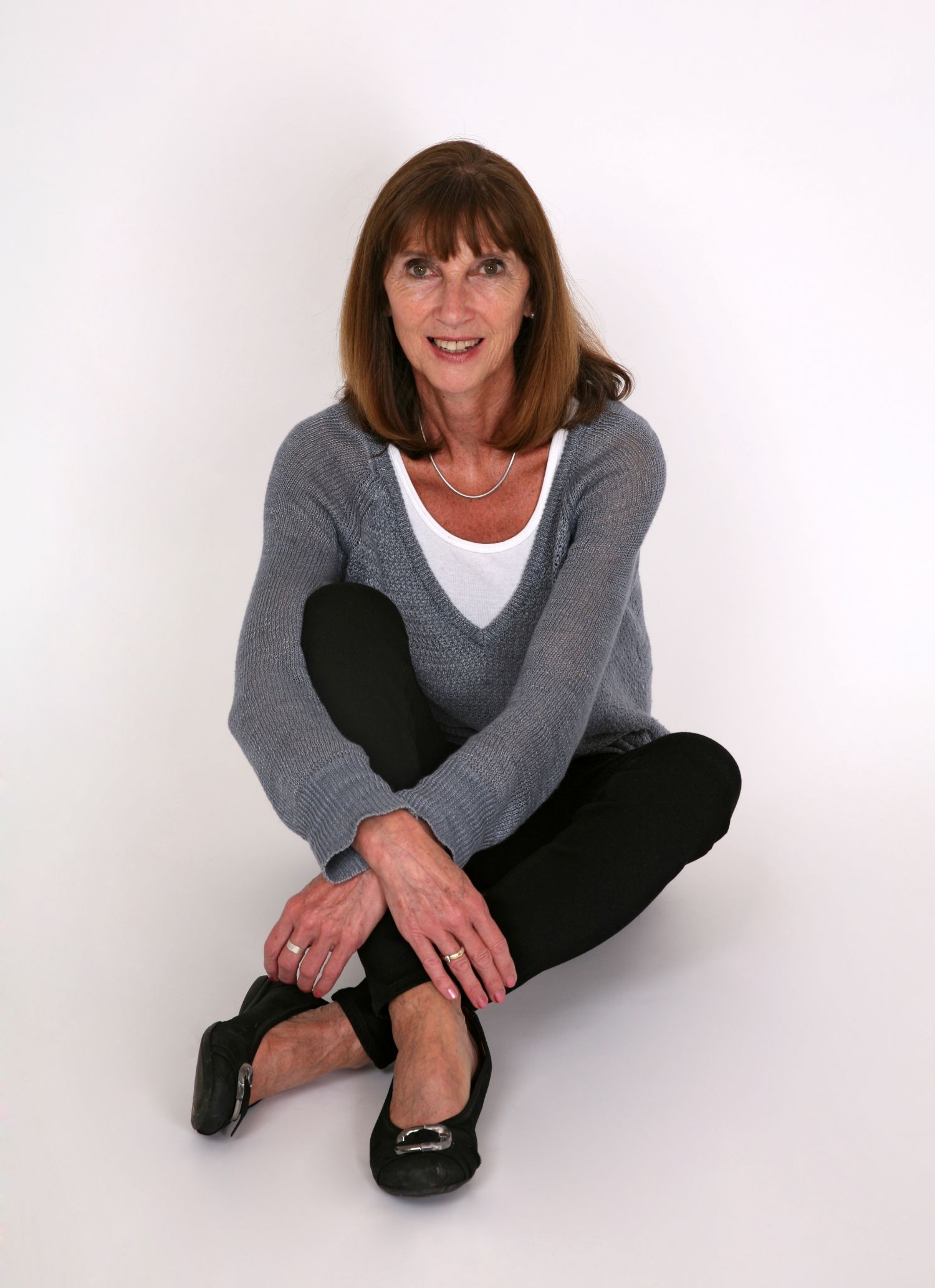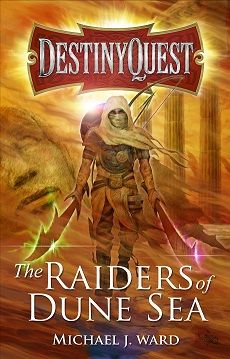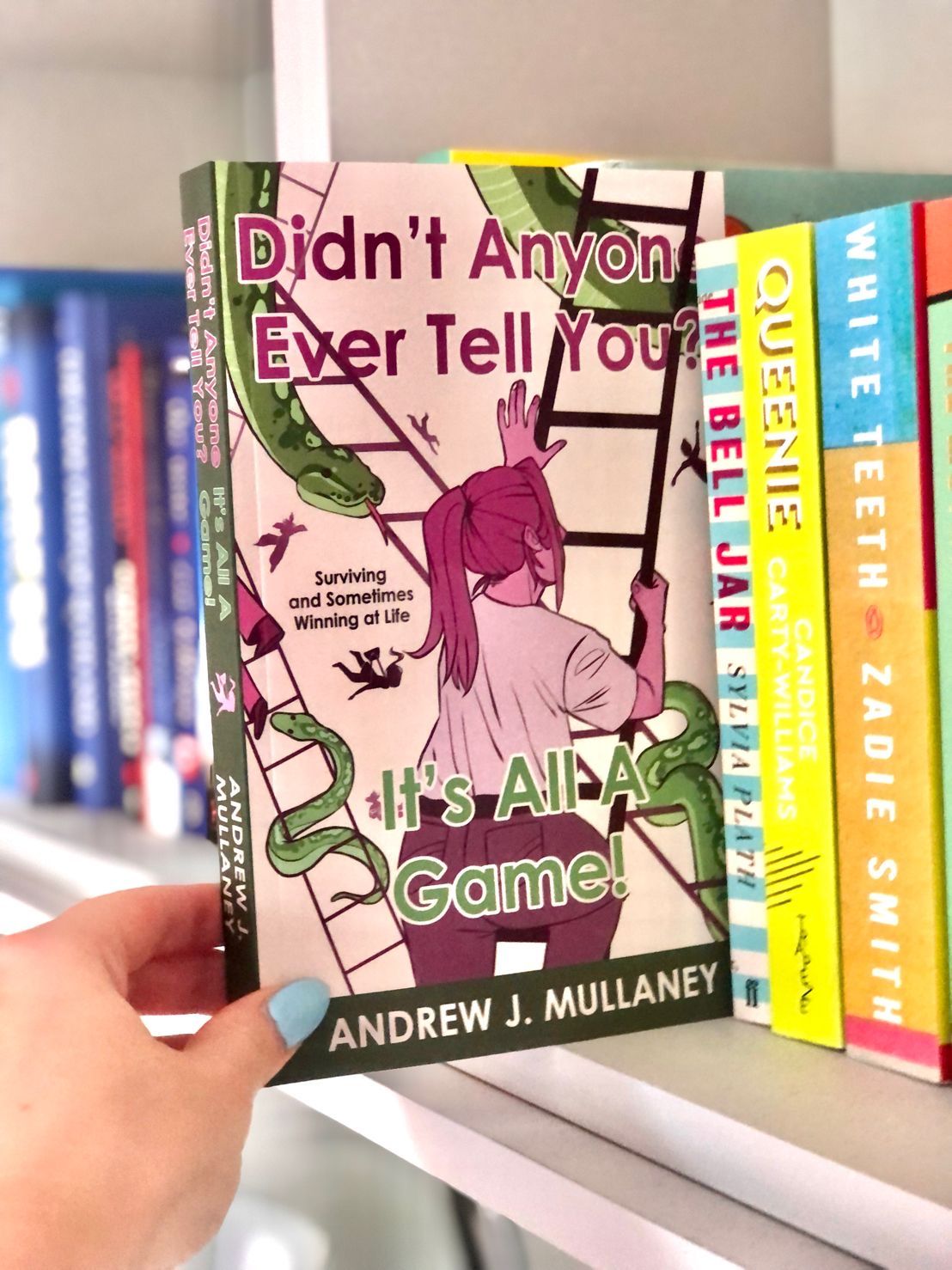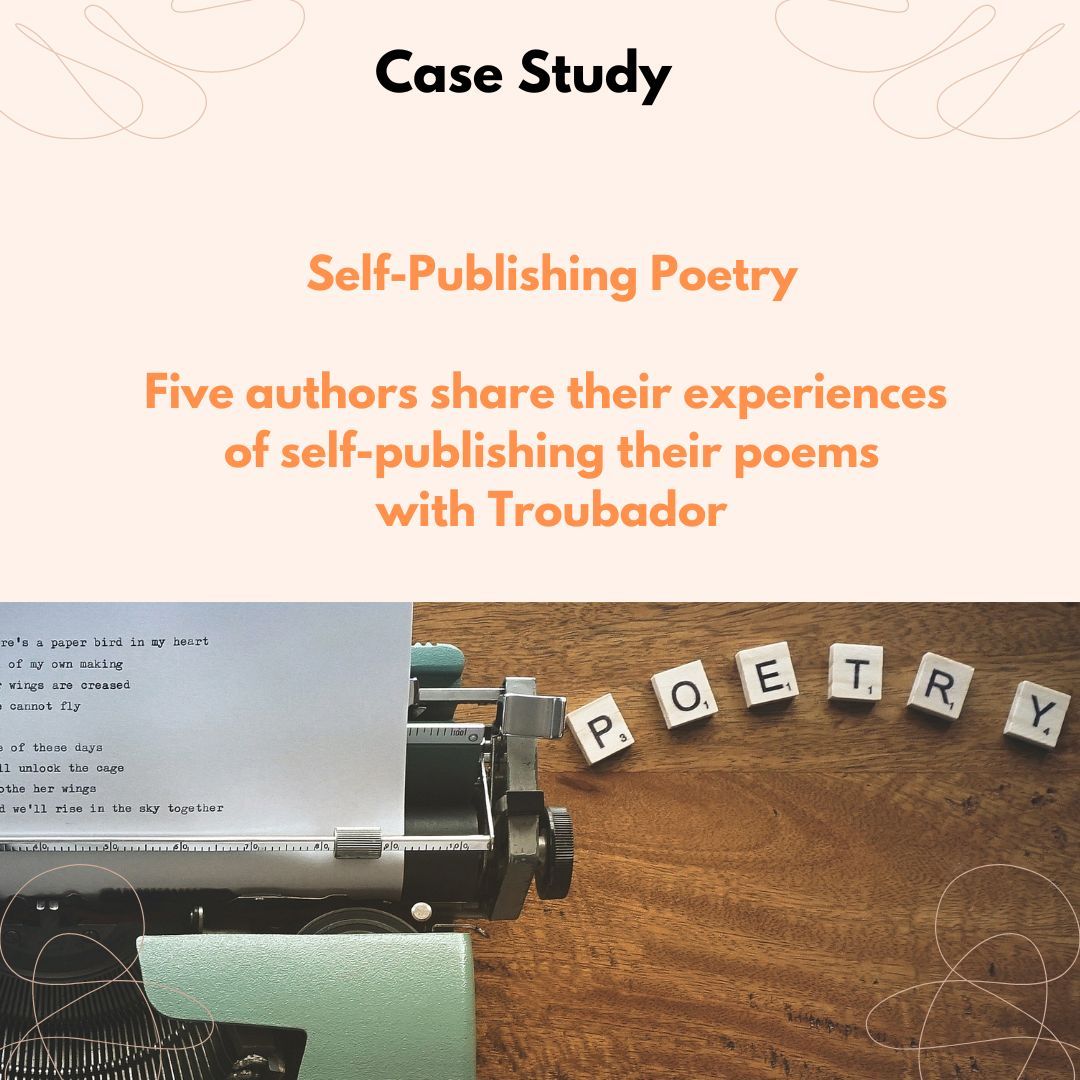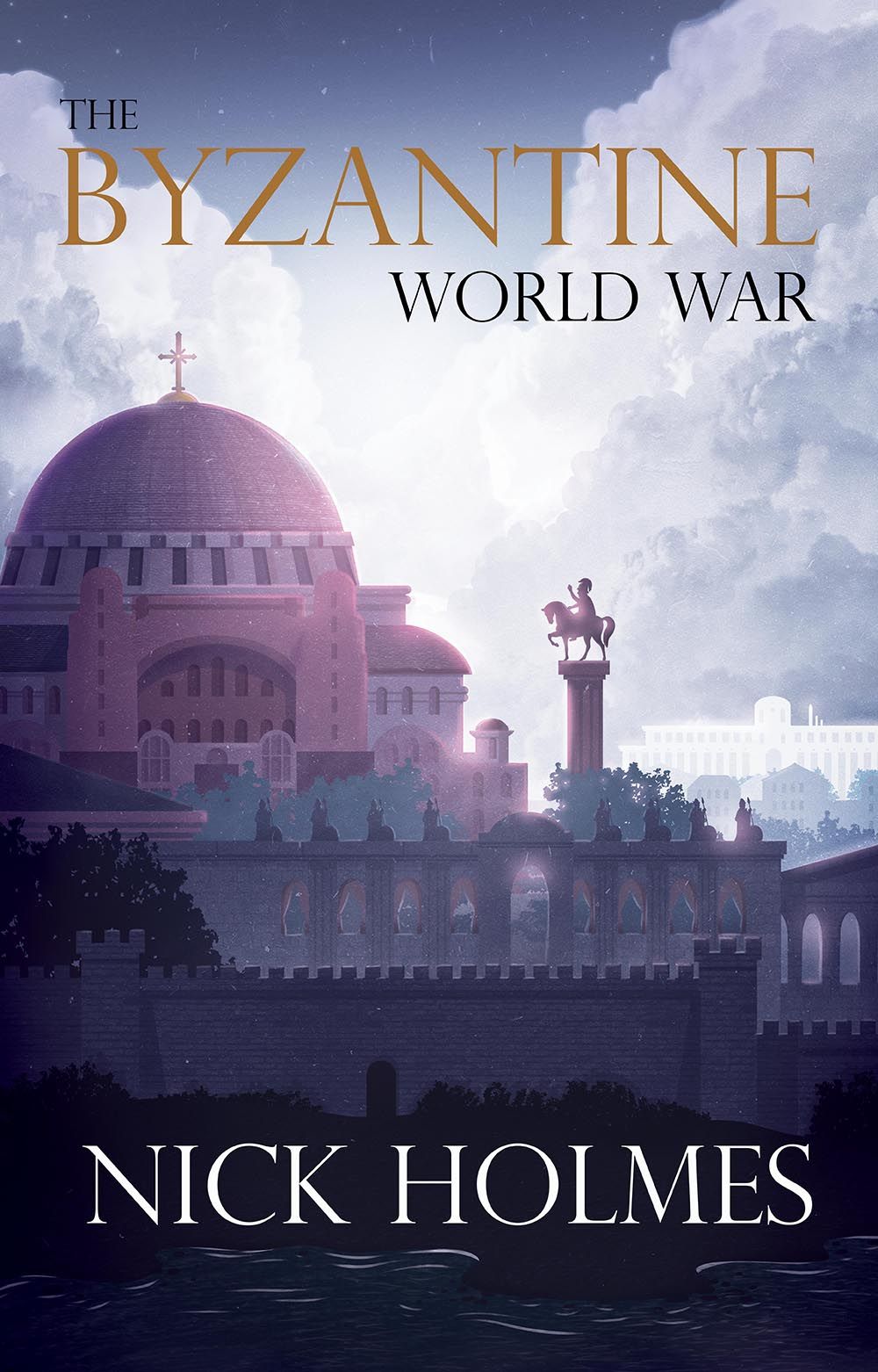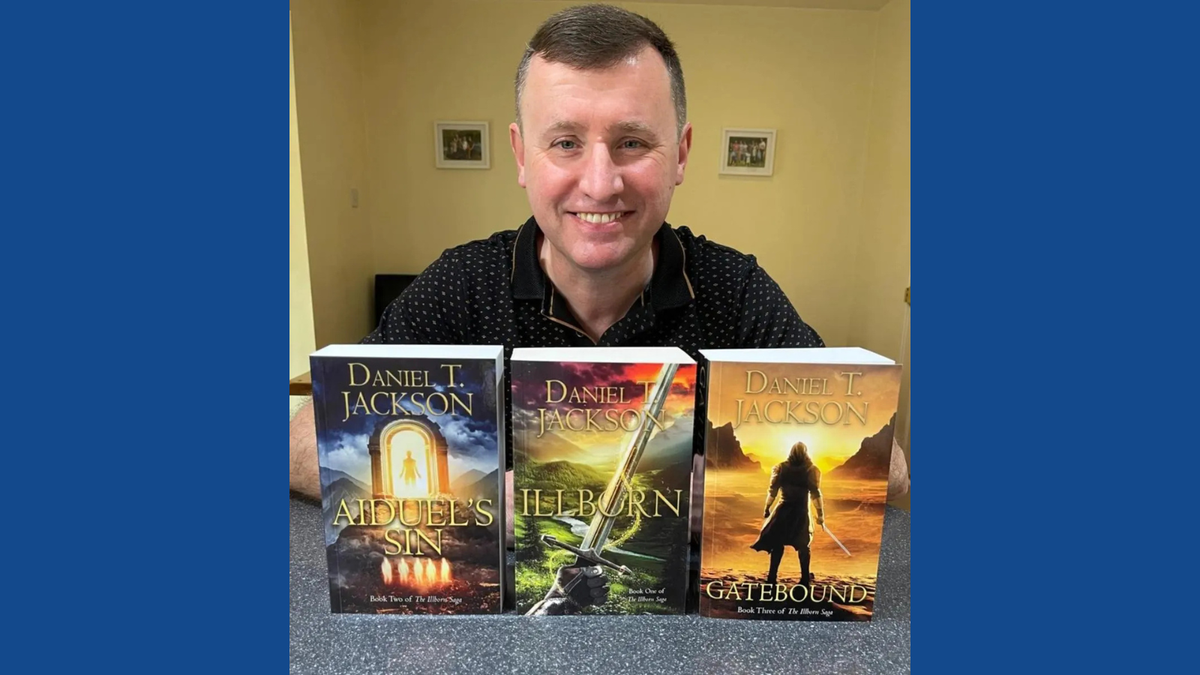
8 min read
Crafting a Fantasy Legacy: Daniel T. Jackson’s Self-Publishing Story
Written by:
Troubador Publishing
When Daniel T. Jackson sat down to write the fantasy novel that had lived in his imagination for years, he had no idea where the journey would take him. A semi-retired father of four from the north-west of England, Daniel had always dreamed of becoming a published author, but like many aspiring writers, he found the traditional publishing route discouraging and unresponsive.
Determined not to let his story go unread, Daniel turned to self-publishing. What followed was a remarkable journey of perseverance, creativity, and strategic thinking that led to the global success of Illborn, the first book in his epic fantasy series The Illborn Saga. With close to 20,000 copies of his first book sold worldwide and a passionate reader base, Daniel has proven that self-publishing can be a powerful path to literary success.
In this story, he shares the key moments, challenges, and lessons from his self-publishing experience, offering inspiration and advice for fellow indie authors chasing their own dreams.
Tell us a bit about yourself.
I am a semi-retired and happily married father of four living in the north-west of the UK. I have dreamed my whole life of becoming a published fantasy author. In my mid-forties, I was fortunate to significantly reduce my time commitment to my business, at which point I decided to sit down and write the epic fantasy novel that had been brewing in my mind for many prior years.
That novel is now ILLBORN, Book One of The Ilborn Saga, which has sold close to 20,000 copies around the world, and is highly-rated on Goodreads. That book was self-published through Troubador Publishing, as were the next two books in the series, Aiduel’s Sin and Gatebound. I am currently writing the series’ final book. I still struggle at times (imposter syndrome!) to consider myself a successful published author, but I guess that is what I now am.
What made you choose the self-publishing route over traditional publishing?
After I had finished writing ILLBORN, I had very little idea about what to do next. I had no clue at that time about what self-publishing involved, and I actually tried to find a literary agent and traditional publisher for the book (in the UK) before exploring the self-publishing route. The traditional route was a very dispiriting process, and I got absolutely no interest from the 10+ UK literary agents whom I approached (to this day, I am still not sure if any of them got as far as reading to the end of the book’s prologue!).
After that, following a period of self-reflection and self-doubt, I decided to explore self-publishing because friends and family were telling me that ILLBORN was a good story that deserved a wider audience. I also wanted to find that audience and did not want my novel to sit as an electronic file on a PC forever, unknown and unloved.
When I first started researching the self-publishing route, I was keen to look for the highest ‘quality’ option which would give my book what I believed to be the greatest chance for success. As part of that, I wanted to produce a book which looked as professional as traditionally published novels, and I wanted to find a supplier who could offer me wide distribution into both online and brick-and-mortar retailers. During my research, I kept coming across recommendations for Troubador as the best-quality UK self-publishing option, and I gleaned a lot of information myself from the Troubador website.
Following that, I decided to self-publish ILLBORN with Troubador. The publication of the first book was an enormous learning curve for me, for which I was very thankful for Troubador’s guidance and advice. The subsequent marketing process was at first daunting, and I was particularly fearful about stepping into the world of social media marketing (I had not had any social media accounts prior to publishing my first book!).
However, I am so thankful now that I self-published. It has continued to be a steep learning curve since then, but it has been wonderful to see my novels gain a readership and to receive lots of positive feedback from readers who have loved the series. I have also overcome many of my original fears of self-publishing, and I know now that I have a production and distribution process set up via Troubador through which I can potentially produce and sell tens of thousands of novels worldwide in years to come, without any need for a traditional publisher.
I definitely enjoy the control and freedom that self-publishing offers, as I have been my own boss for much of my prior career. The story of ILLBORN was the result of my own efforts, and Aiduel’s Sin and Gatebound have been the same, with no one around to tell me to change things that I don’t want to change (apart from my wife and my beta readers, perhaps!). I also love being part of the indie and self-published author community, which is full of warm-hearted people willing to offer advice and help.
ILLBORN has been published in paperback, ebook, and audiobook formats. What would be your advice to an author considering publishing in multiple formats?
The decision on which formats to publish in and when is one of how much you are willing and able to invest at the outset and how much risk you would like to take. The lowest cost and risk option for a debut author to launch a new novel is probably ebook only, and many authors will have become successful with just an ebook before considering other formats.
However, lots of readers will expect a novel to have a physical version as well. The lowest risk for this is print-on-demand, so you do not need to invest in physical stock, but that will definitely mean that your book’s retail price will be higher (and might reduce sales). I personally wanted to be able to offer ebook and paperback from the outset, and my first paperback print run was for 300 units.
I published an audiobook version of ILLBORN much later than the other formats. The main reason for this was that a significantly greater investment was required to produce a professional audiobook, and I only did this after I felt that the book had a following sufficient to give me a decent chance of securing enough audiobook sales to recover my investment. I would personally recommend staggering an audiobook release to a later date than a paperback and ebook launch to give time to build a following and to give a further opportunity to share additional formats and news with your fanbase.
What advice would you give to an author self-publishing a series?
Write the best books you can (and don’t stop editing until you think they are as good as you can make them), produce the best books you can (choosing the right party to work with), and be persistent in your marketing efforts. Treat the sales of your book as a marathon not a sprint; it’s very unlikely for the sales of a self-published book to ‘explode’ from release date. ILLBORN sold relatively few units in its first 9 months, then suddenly took off when a couple of famous YouTube fantasy book reviewers read and loved the book.
I continually try new marketing things now. Some work, some don’t, and it’s hard to judge what will be successful, but in marketing more is more. There’s generally very little downside to trying something new, and ditching it if it doesn’t work.
Finally, with specific reference to a series, working with a single supplier will help to ensure uniformity and consistency of design, quality and distribution across the books of the series. My books look and feel part of the same series.
How do you approach world-building in your series, and how important is setting to your storytelling?
World-building and setting is fundamental to an epic fantasy series. In The Illborn Saga, I have created a medieval fantasy world which is threatened by war and religious persecution, and this acts as the backdrop to the events of the story. This was something which I had developed for many years prior to finally starting writing.
What’s the most effective way you’ve found to reach new readers?
For me, it has been social media. I am very active on Instagram, Threads and Goodreads, and have been active in the past on X before deciding to leave it. On Instagram, in particular, I have an account with lots of engagement, where I talk about fantasy and historical fiction books. My posts are broadly three-quarters about other people’s books and one quarter my own, and that allows me to expose my own books to people who are interested in my thoughts on authors who are far better known that I am.
I also engage with and support lots of other self-published authors on social media. There is a friendly network of authors who support each other’s books across social media such as Insta, X, Threads, Reddit, Discord, LinkedIn etc, and I would definitely recommend trying to get into these communities.
How do you balance writing, marketing, and other aspects of being an author?
I tend to have defined periods of the week within which I will write (for me, across school hours Monday to Thursday), and I fit the marketing aspects outside of this, typically in spare time in evenings and weekends. Finding the correct balance can be tricky, though!
What has been your biggest challenge as a self-published author?
In the early days, finding ways to access the potential audience for my book was hard. I had to be quite dogged in my attempts to find readers willing to read it until I finally got a lucky break.
Throughout, negative reviews and reactions have been a challenge. Perhaps the best bit of advice I can give to a newly-published author is: do not read any 1 or 2 star reviews! They will not give you any positive or constructive feedback which you can use, and they have the potential to damage your confidence in what you are trying to do. If bad reviews come in and you happen to see them, please ignore them, don’t react, and move on. Focus on the people who enjoy and/or love your work. I made the mistake of reading negative reviews in the past, and I don’t go near them any longer.
What has been the highlight of your self-publishing journey so far?
I think it is when I saw ILLBORN appearing on lots of reviewers top 10 favourite fantasy books of the year in 2022, and I knew that the series had become established and was going to go on to gain a large following.
